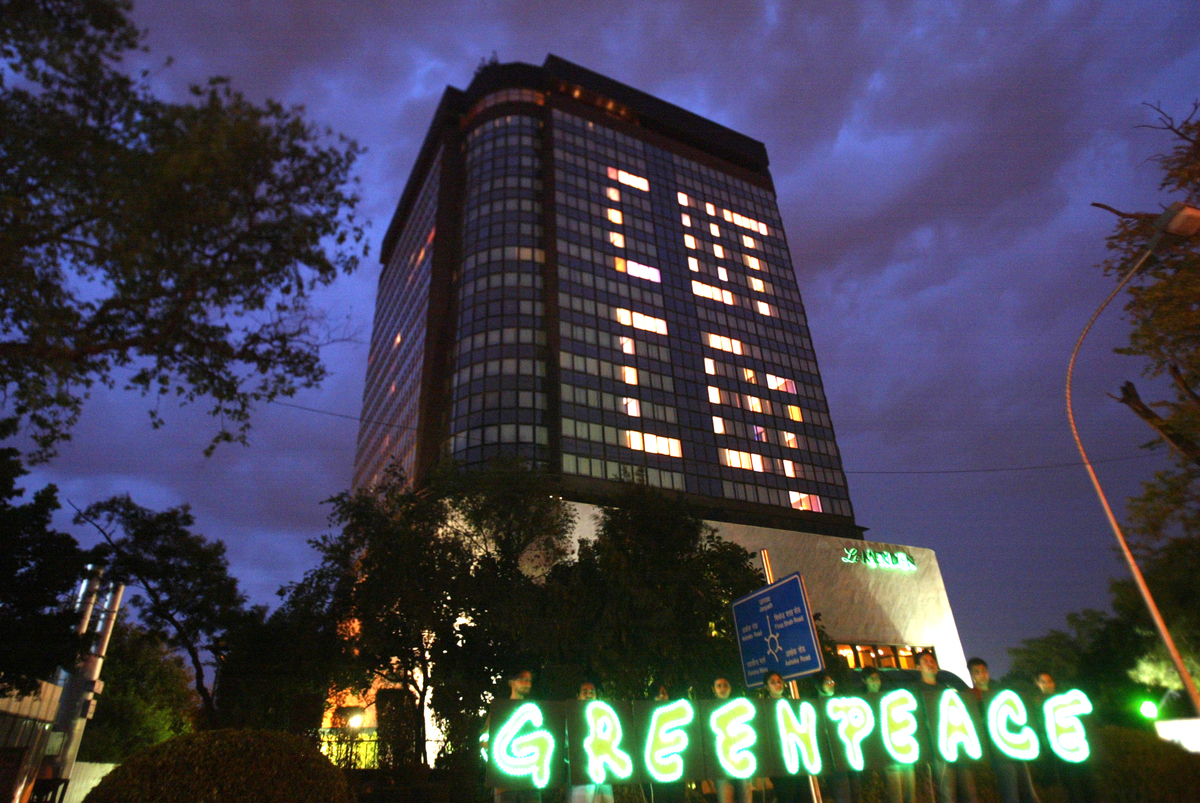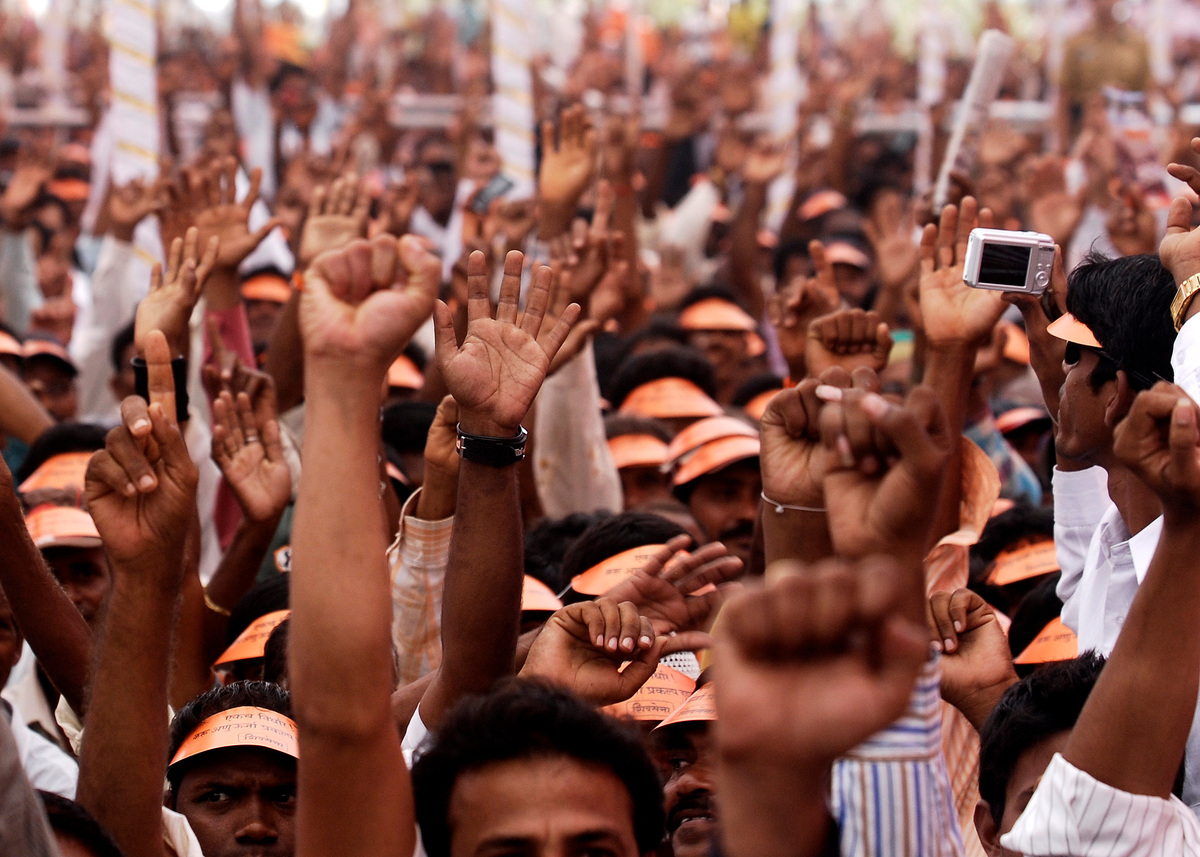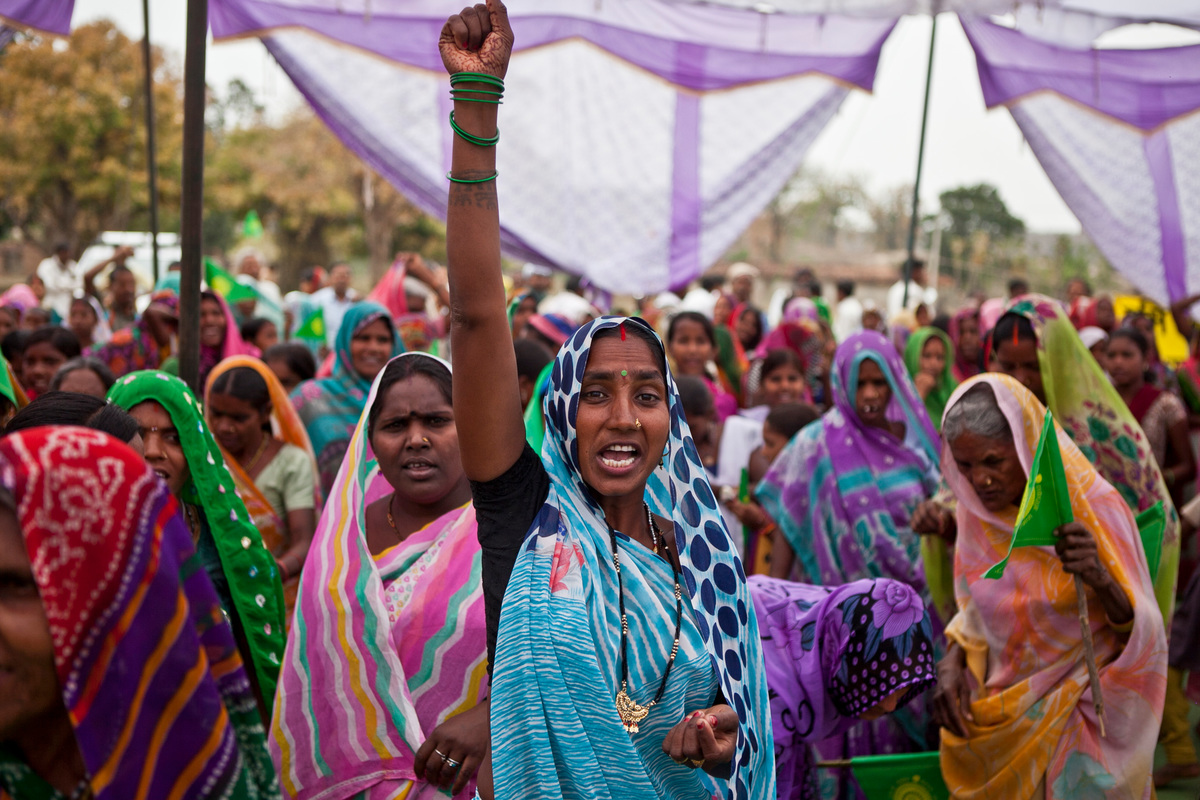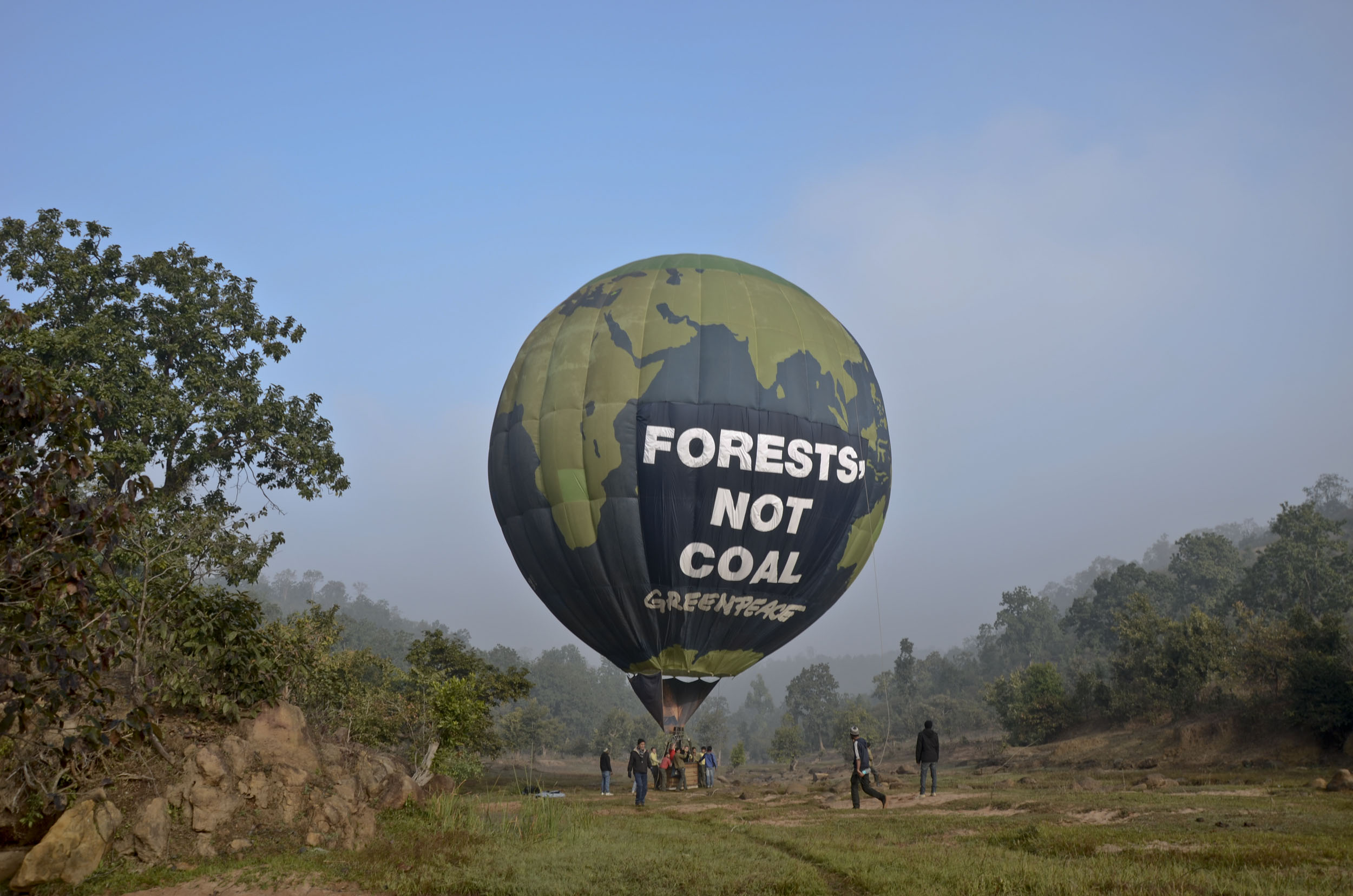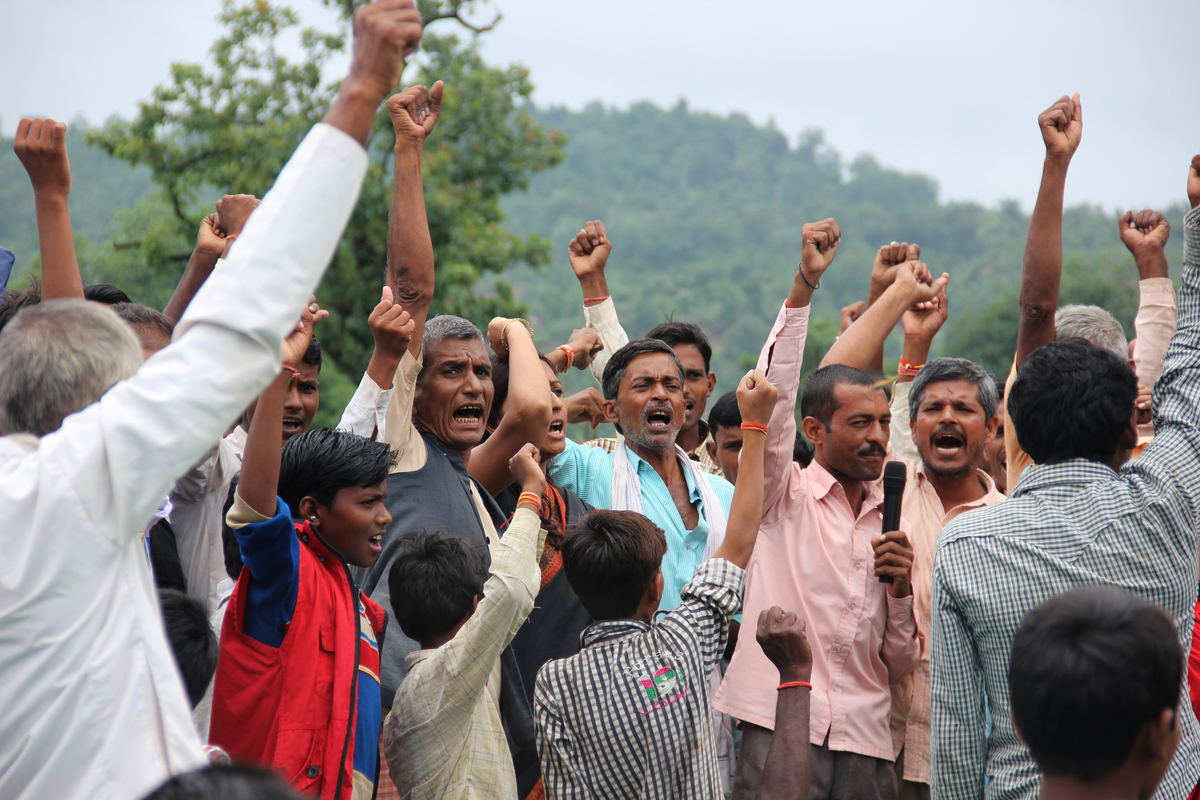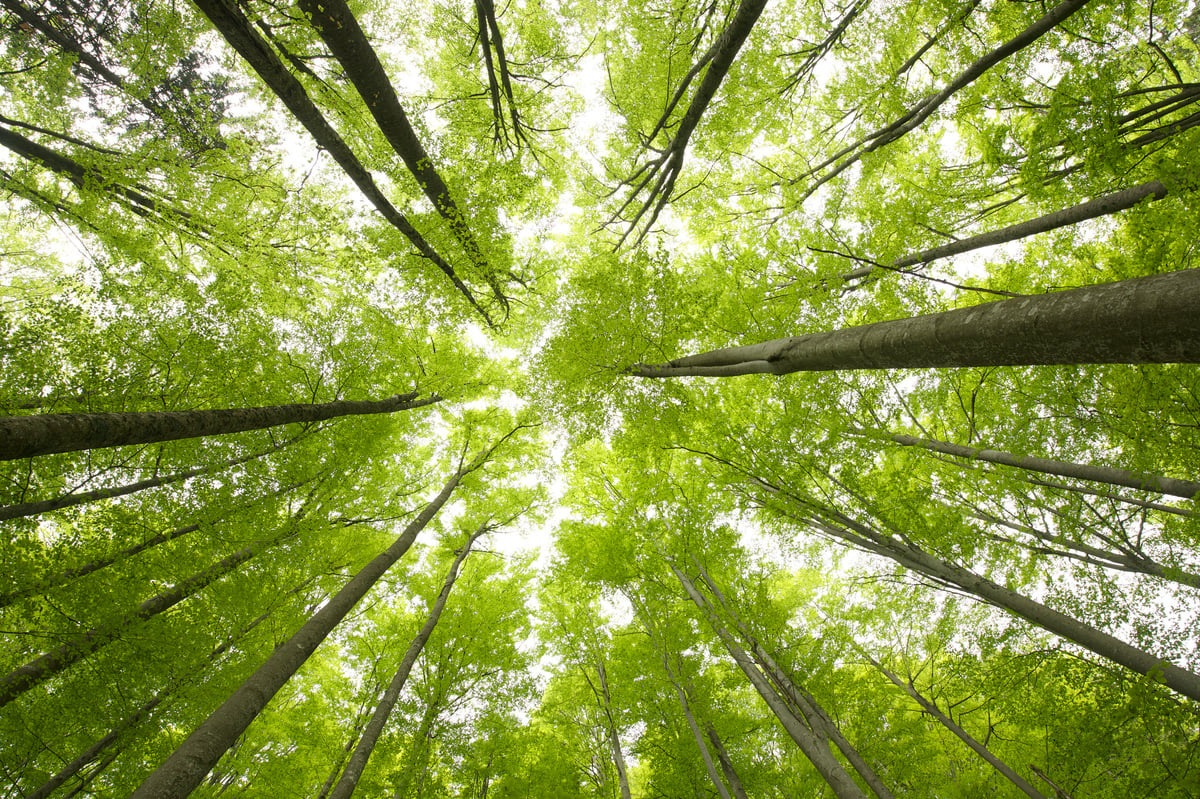Filtered results
-
An open letter to the Election Commission Add a comment
On the 25th of March, Greenpeace India sent a letter to the Chief Election Commissioner of India citing a violation of the model code of conduct by the UPA government.…
-
India faces food shortages and development setbacks due to Climate Change: New UN report
New Delhi | March 31, 2014 | As the new Intergovernmental Panel on Climate Change (IPCC) report – released today in Japan – set off warning bells across the world,…
-
Is the Govt approval to KNPP 3&4 based on lies?
As GIC denies providing insurance to Kudankulam reactors New Delhi, April 8, 2014: According to an RTI response from General Insurance Corporation of India (GIC), Kudankulam reactors will not be…
-
‘Pledge to Save Mahan on Earth Day’ Young urban volunteers come together in a show of support to save Mahan forests in Singrauli
April 22, 2014, New Delhi: On the occasion of Earth Day, several young volunteers came together in New Delhi, Mumbai and Bangalore in a show of support to save Mahan…
-
Three Out of Four Van Satyagrahis Granted Bail
May 9, 2014, Singrauli, Madhya Pradesh: Greenpeace and MSS will approach the High Court for the release of the fourth satyagrahi as peaceful protest is not a crime. After being…
-
The World is Mahan: Global support pours in as Van Satyagraha in Mahan intensifies
Volunteers defy national borders in a show of support to save Mahan forests in Singrauli; 133 cities join hands to save Mahan May 18, 2014 In an unprecedented show of…
-
IB reports aid Essar’s attempt to discredit the local resistance to save Mahan’s forests
The leaks of the Investigation Bureau’s (IB) reports have brought a lot of public attention to Greenpeace India and other NGOs. Albiet for the wrong reasons. The effects of these…
-
HC finally Grants Bail to Van Satyagrahi
Bechan Lal Shah was arrested three weeks ago for peacefully protesting against mining in Mahan forests 2nd June, 2014, Singrauli, Madhya Pradesh: After spending almost three weeks in prison, Van…
-
‘Demand of ‘sab ka saath sab ka vikas’ does not stall Economy’: Greenpeace India
11 June 2014, New Delhi: Greenpeace India today rubbished the allegations, which were leveled by an Intelligence Bureau report that was shared with the Indian Express. The said report submitted…
-
Government’s Mantra – If you don’t like the message shoot the messenger, says Greenpeace
New Delhi, July 9, 2014: Greenpeace India is shocked and dismayed over the arbitrary manner in which the government has attempted to muzzle voices of dissent in democracy in the…

